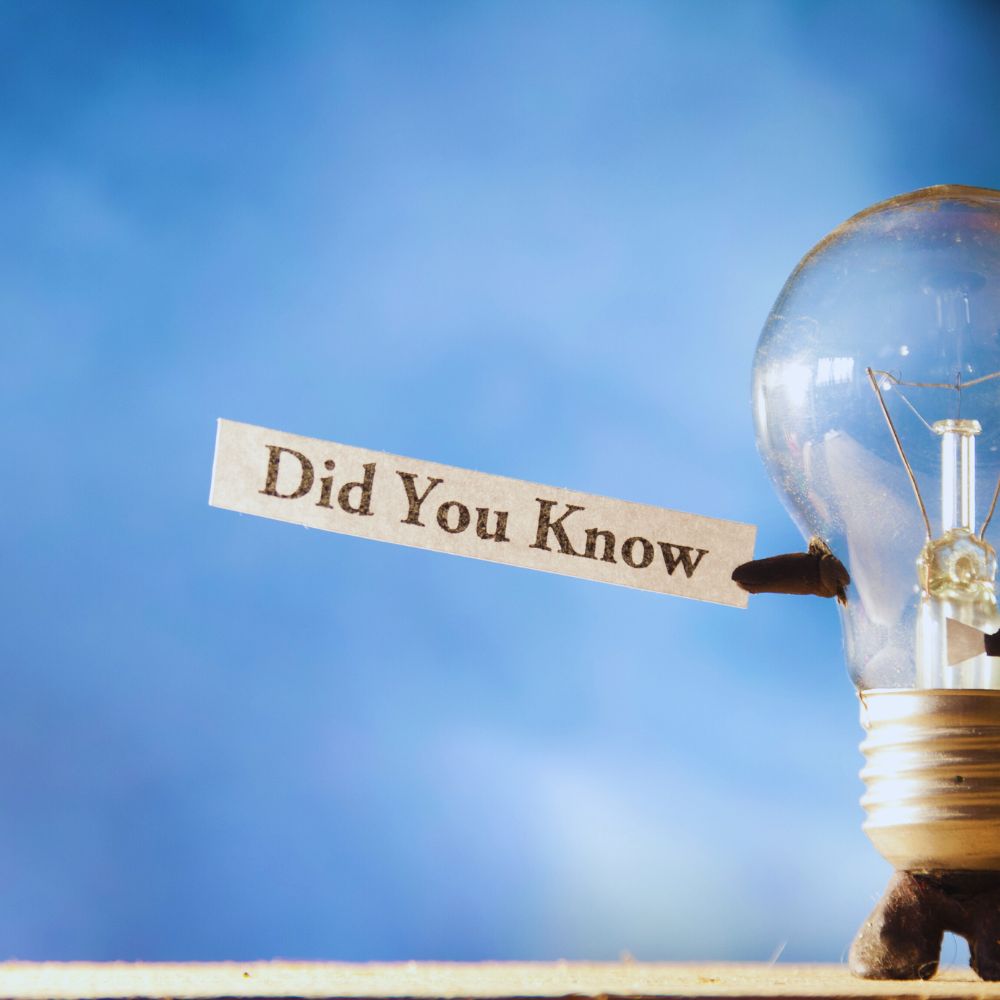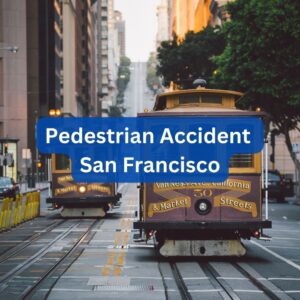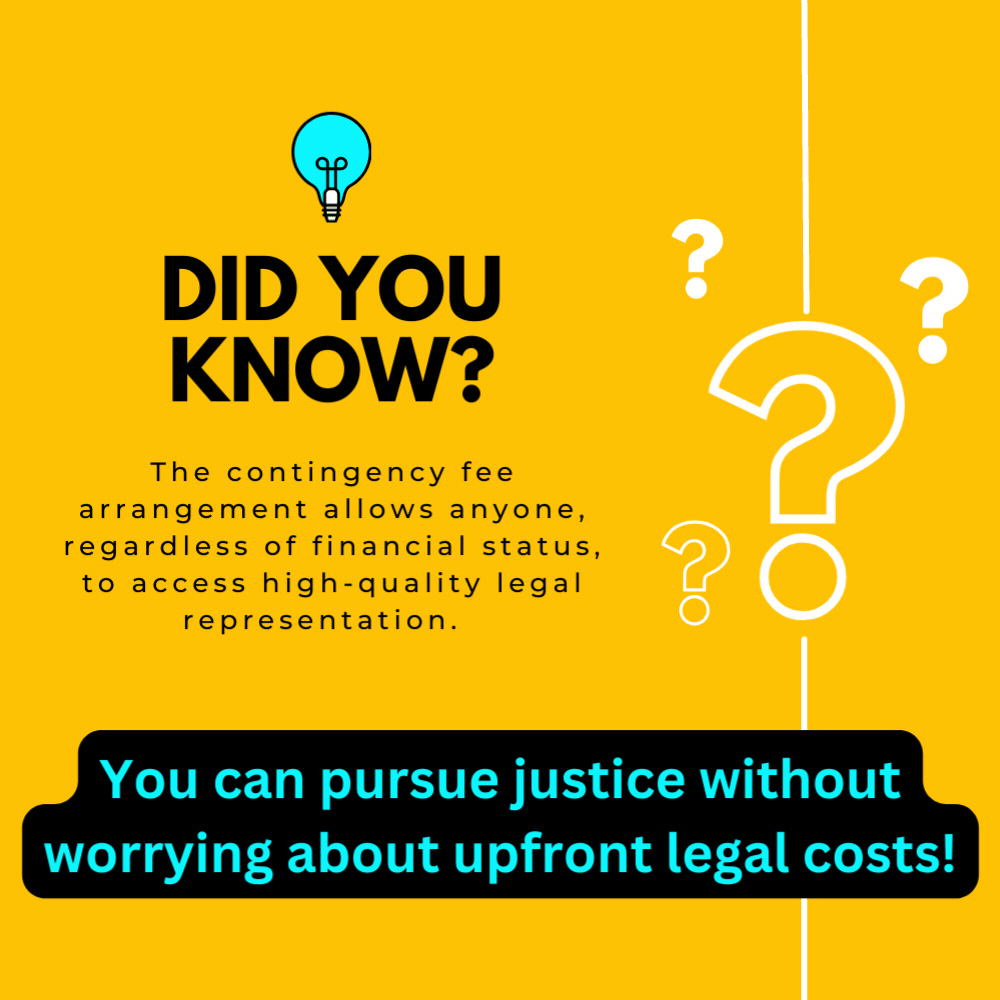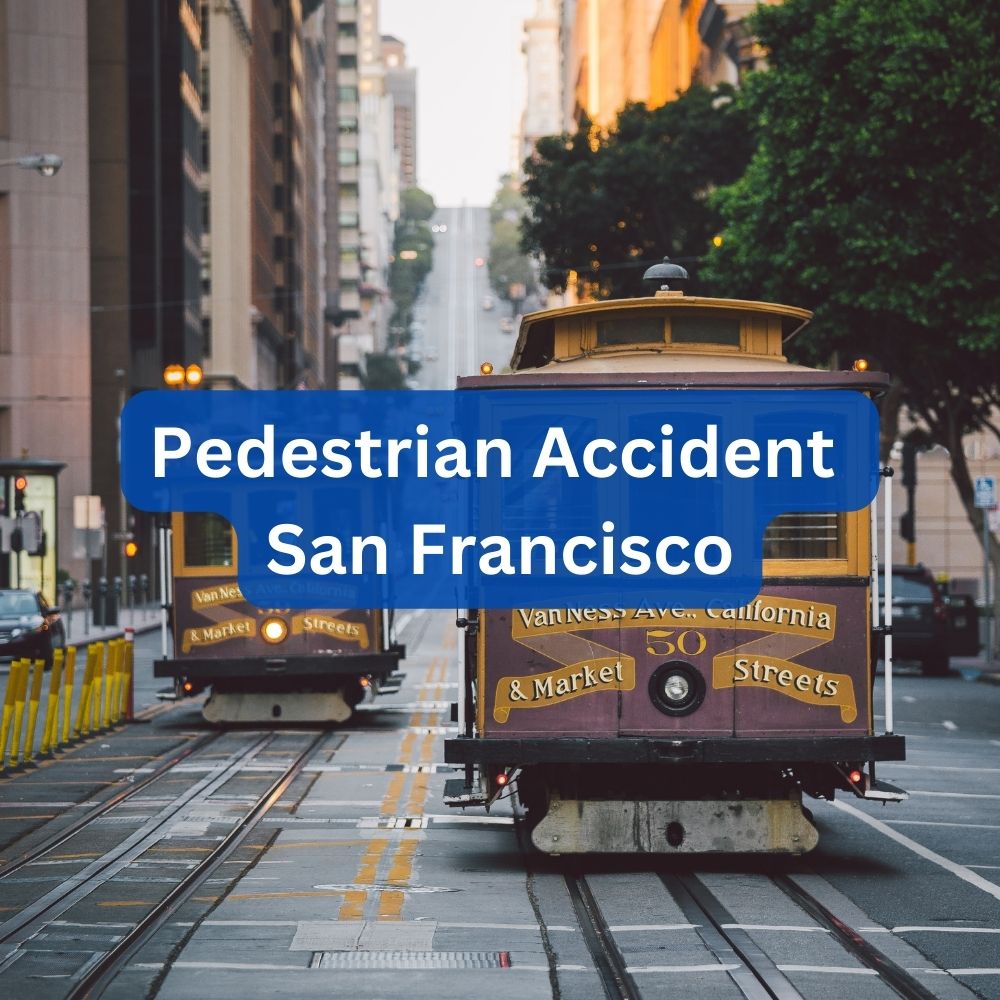Car Accident FAQs
Q: Do I have to call the police after a car accident in California?
A: Yes. Notifying the authorities should be one of your first steps after involvement in any car accident. Even if you’re involved in a single-car accident resulting in only minor cosmetic damages, you will want to file a police report for insurance purposes.
Q: What happens If I’m at fault in a car accident in California?
A: If you are determined to be at fault for a car accident in California, it means you (or your insurance carrier) must pay for damages incurred to other drivers or property. Enlist the services of a qualified attorney and allow the process to play out.
Q: What do you do after a minor car accident?
A: If an accident involves two or more vehicles, everyone involved should remain on the scene until law enforcement has cleared them to leave, even if damage is minor or there are no serious injuries.
Q: Do I have to file a police report for a car accident in California?
A: Yes, there should be a police report filed any time a car accident occurs in the State of California. Failing to properly report your accident may affect your ability to file an insurance claim or seek damages.






